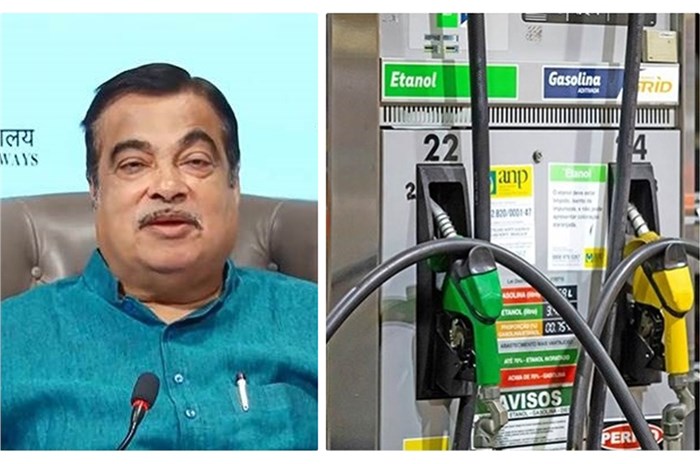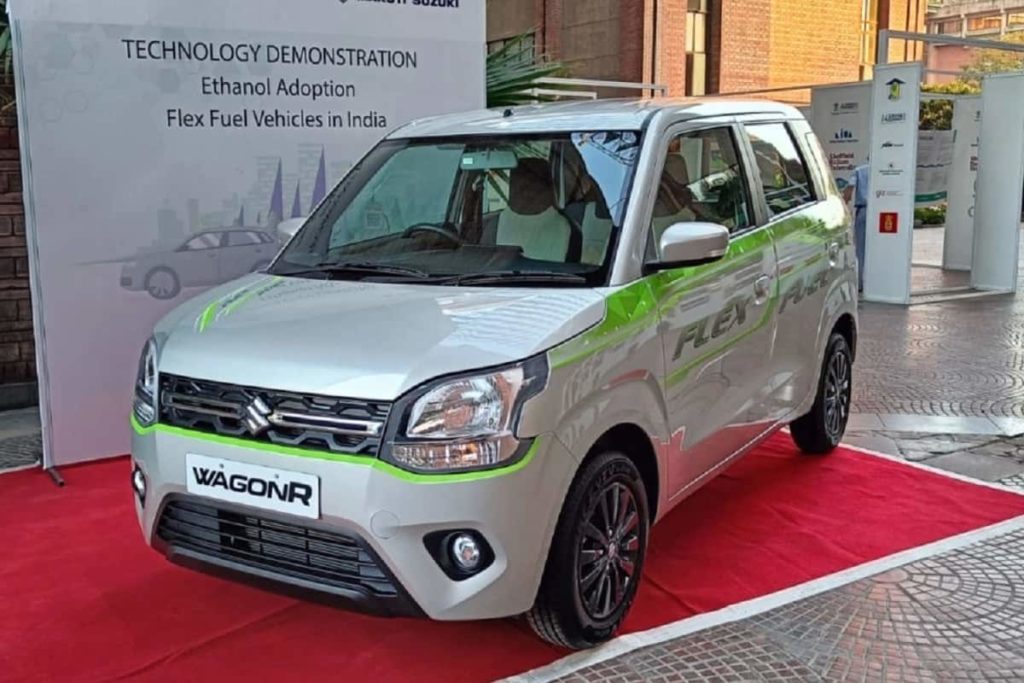
Flex fuel explained
The fuel for flex fuel vehicles can be either pure gasoline or a mixture of pure gasoline and ethanol, an alcohol generated from corn or other plants. These cars have an engine and fuel system specifically designed to handle the greater ethanol content of the fuel. Being ability to use ethanol, a renewable resource, is one of the key benefits of flex fuel vehicles. Although maize is the most common crop used to make ethanol, it can also be produced from other plants, including wheat, barley, and even wood waste. Our dependency on fossil fuels can be lessened, and greenhouse gas emissions can be decreased, by using ethanol as a fuel. The possibility of financial savings is another another benefit of flex fuel vehicles.
Flex fuel vehicles may not be as efficient as gasoline-only vehicles, which is a drawback. Since ethanol has less energy than gasoline, it requires more of it to travel the same distance. This implies that fuel economy for flex fuel vehicles may be a little less than for their gasoline-only counterparts. Additionally, ethanol fuel is not available everywhere. While ethanol is easily accessible in the United States, it could be more difficult to locate abroad. Due to this, using flex fuel vehicles in particular areas could be challenging. All things considered, flex fuel vehicles can be an excellent choice for individuals who want to use a renewable fuel and possibly save money on fuel. However, it’s crucial to take into account any potential downsides, such as lower fuel efficiency and limited availability of ethanol fuel, before deciding if a flex fuel vehicle is right for you.

What factors should you take into account while choosing a flex fuel vehicle:
Maintenance: Due to the ethanol in the fuel’s potential to be more corrosive to specific components of the engine and fuel system, flex fuel vehicles may require more maintenance than gasoline-only vehicles. Use the proper gasoline and oil for your flex fuel vehicle and adhere to the manufacturer’s recommended maintenance schedule to help reduce any potential problems.
Resale Value: Because flex fuel vehicles may not be as popular as gasoline-only vehicles, their resale value may suffer. It’s a good idea to look into a flex fuel vehicle’s resale value before making a purchase if you’re thinking about doing so.
Fuel accessibility: As was already said, ethanol fuel is not readily available everywhere. Due to this, it could be challenging to locate a fueling station that supplies the required blend. Before purchasing a flex fuel car, it is a good idea to check the local ethanol fuel supply.
Performance: Under some circumstances, flex fuel vehicles may not perform as well as gasoline-only vehicles. For instance, when using a fuel blend with a larger proportion of ethanol, they might not accelerate as rapidly or have as much power.
Environmental impact : Ethanol production can have an influence on the environment even though it is a renewable fuel that can lower greenhouse gas emissions. Growing and harvesting crops for ethanol production has the potential to erode soil and utilise pesticides, while ethanol manufacturing itself has the potential to emit greenhouse gases.
Ultimately, your own demands and objectives will determine whether a flex fuel vehicle is the correct choice for you. A flex fuel vehicle might be an excellent option if you’re interested in using a renewable fuel and possibly saving money on fuel. Before selecting a choice, it’s crucial to balance the prospective benefits and drawbacks as well as take into account variables like fuel availability, performance, and maintenance.












